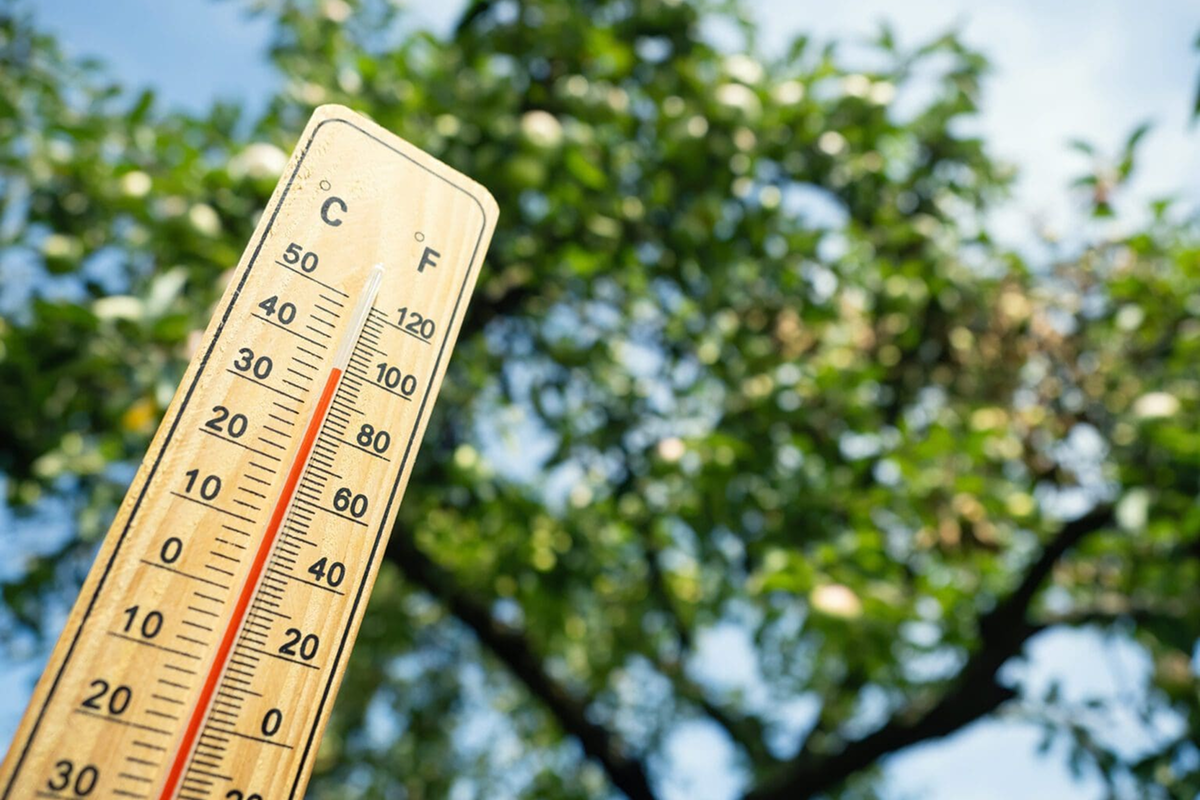A new USC Leonard Davis School of Gerontology study suggests greater exposure to extreme heat may accelerate biological aging in older adults, raising new concerns about how climate change and heat waves could affect long-term health and aging at the molecular level.
People in neighborhoods that experience more days of high heat show greater biological aging on average than residents of cooler regions, said Jennifer Ailshire, senior author of the study and professor of gerontology and sociology at the USC Leonard Davis School.
Biological age is a measure of how well the body functions at the molecular, cellular, and system levels, as opposed to chronological age based on one’s birthdate; having a biological age greater than one’s chronological age is associated with higher risk for disease and mortality. While exposure to extreme heat has itself long been associated with negative health outcomes, including increased risk of death, heat’s link to biological aging has been unclear.
Measuring epigenetic changes
Ailshire and her coauthor Eunyoung Choi, USC Leonard Davis PhD in Gerontology alumna and postdoctoral scholar, examined how biological age changed in more than 3,600 Health and Retirement Study (HRS) participants aged 56 and older from throughout the U.S. Blood samples taken at various time points during the six-year study period were analyzed for epigenetic changes, or changes in the way individual genes are turned “off” or “on” by a process called DNA methylation.
The researchers used mathematical tools called epigenetic clocks to analyze methylation patterns and estimate biological ages at each time point. They then compared participants’ changes in biological age to their location’s heat index history and number of heat days reported by the National Weather Service from 2010 to 2016.
